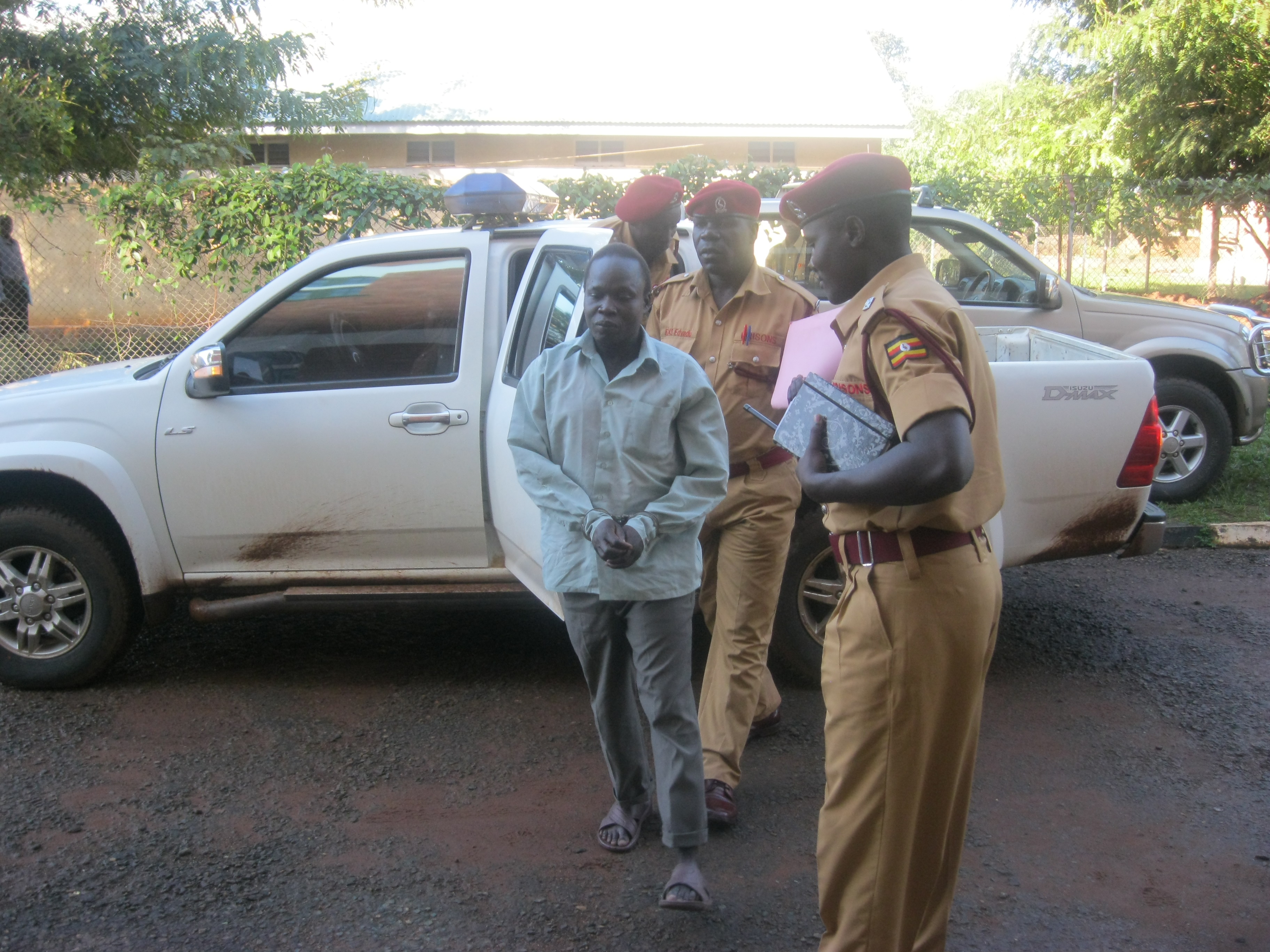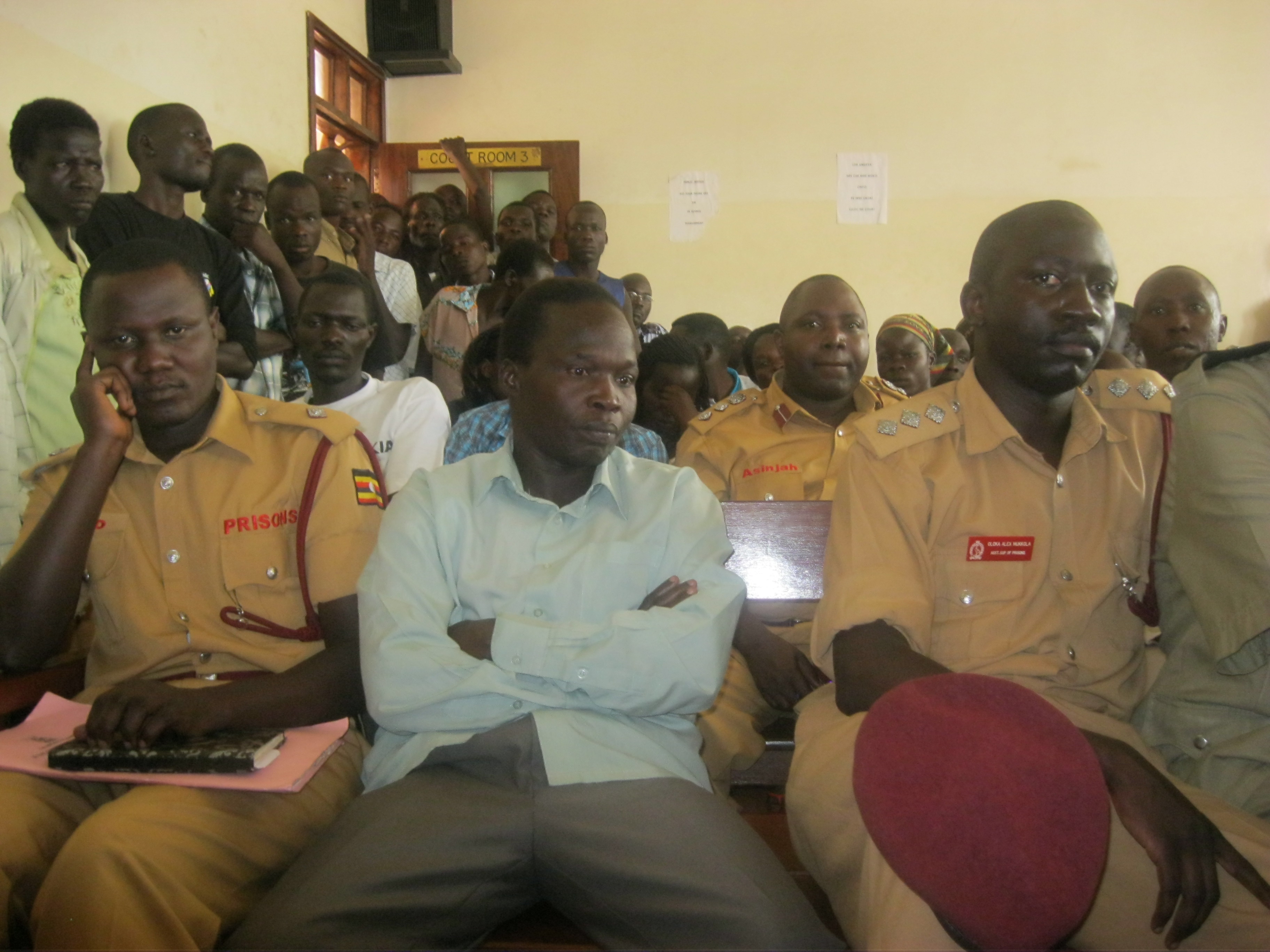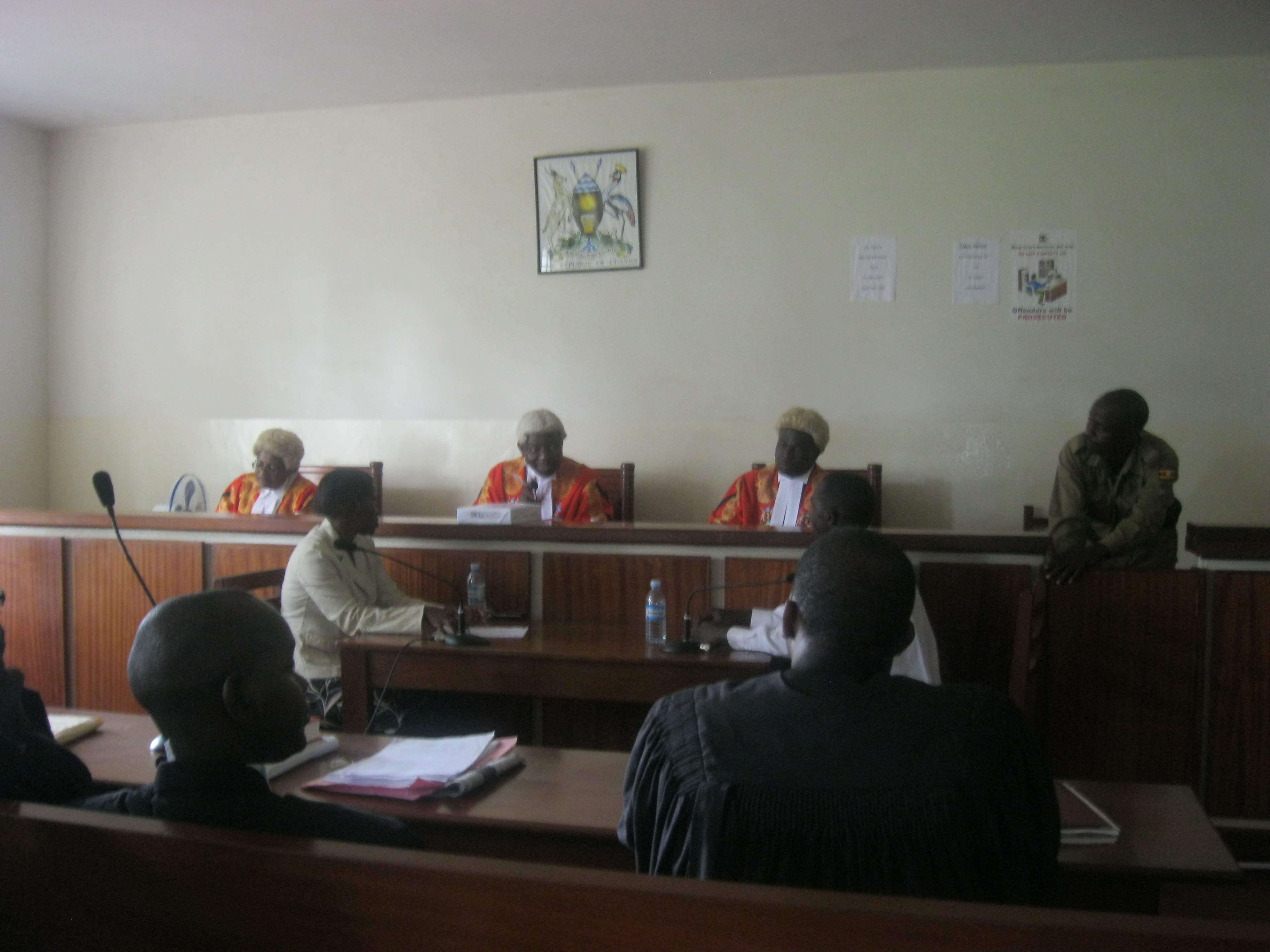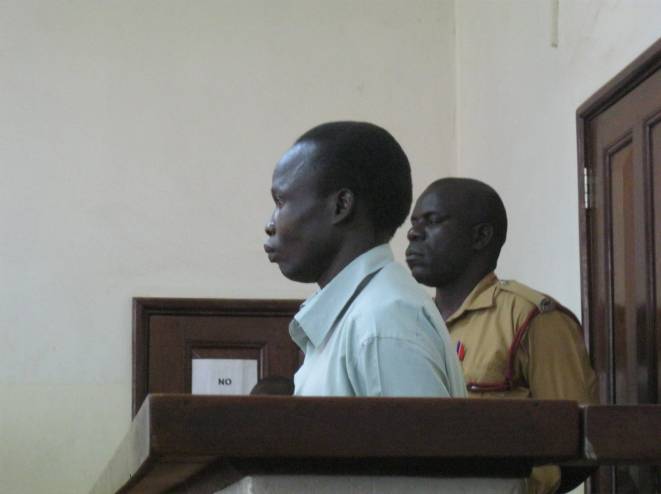To Pardon or to Punish? Current Perceptions and Opinions on Uganda’s Amnesty in Acholi-land
Situational Brief: December 15, 2011
To read the full brief, click, here.
Uganda’s Amnesty Act of 2000 offers pardon to “any Ugandan who has at any time since the 26th day of January, 1986, engaged in or is engaging in war or armed rebellion against the government of the Republic of Uganda.”1 In northern Uganda, amnesty has been instrumental in fostering and encouraging the return of thousands of ex-combatants and abductees. The Amnesty Commission’s database indicates that, as of the 22nd August 2008, 22,520 former rebels have reported and been granted amnesty since the entering into force of the Amnesty Act (AA) in 2000. Approximately 48% of the reporters have been former members of the Lord’s Resistance Army (LRA).
Recently, on the 22nd September 2011, Uganda’s Constitutional Court ruled that ex-LRA commander Colonel Thomas Kwoyelo – charged with 12 substantive counts and 53 alternative counts of war crimes and crimes against humanity – was entitled to amnesty in line with Uganda’s 2000 Amnesty Act. The court ordered his trial to be halted forthwith. However, this court ruling attracted mixed reactions from national and international actors. While some applauded the court ruling and amnesty alike, others condemned both. At a national workshop on amnesty in Kampala on the 18th November 2011, this divide was evident with some parties calling for the amendment of the amnesty law. Even in the war-affected regions, where the amnesty law has been instrumental in fostering the return of thousands of ex-combatants, mixed reactions prevail among the local population. Although research on amnesty in northern Uganda has been carried out previously, there is no topical prospect concerning the current situation. Pending review and possible extension and/or amendment, Uganda’s current Amnesty Act is slated to expire in May 2012.
Against this background, the Justice and Reconciliation Project (JRP) carried out a rapid situational analysis between the 28th November and 06th December 2011 in the sub-counties of Bobbi and Unyama (Gulu district) and Koch Goma (Nwoya district), and Gulu and Kitgum towns to gauge the perceptions and opinions on amnesty and whether it is still relevant today in post-conflict northern Uganda. In this research, we spoke to 44 respondents – with a gender ratio of 26 male to 18 female – including local leaders, religious leaders, victims, formerly-abducted persons, and other community members, along with representatives of civil society organizations in Gulu town.
The analysis revealed that an overwhelming majority of our sample group still strongly support amnesty and consider it as vitally important for sustainability of the prevailing peace, reconciliation and rehabilitation. From this survey, a resounding 98% of respondents thought that the amnesty law was still relevant and that it should not be abolished. This situational analysis presents these perceptions concerning the relevance and role of amnesty and provides recommendations to policy-makers, organizations operating in these areas, as well as institutions working with victims and formerly-abducted persons.
To read the full brief, click, here.







